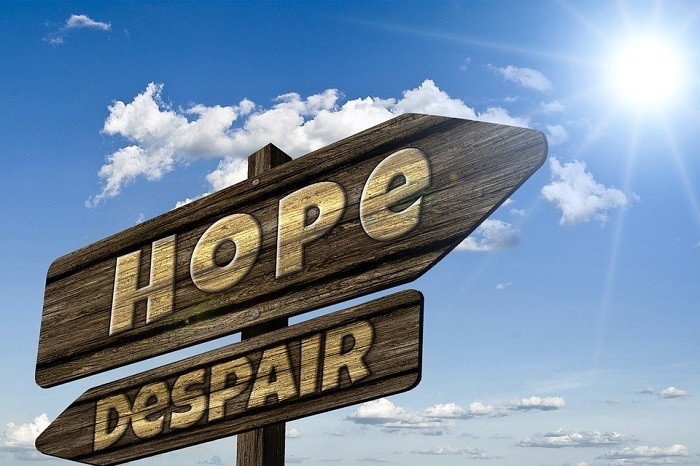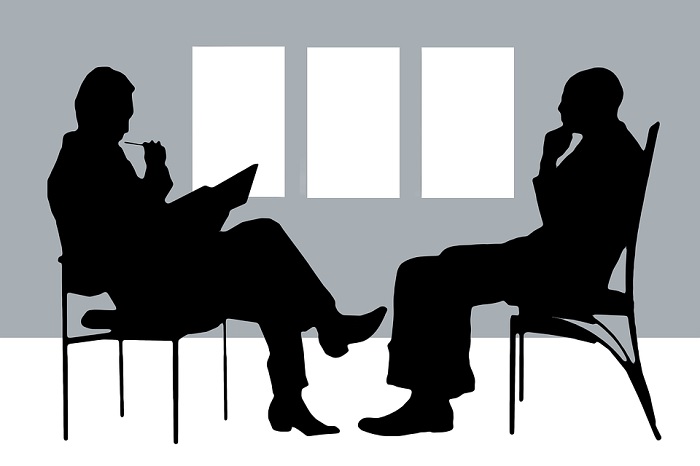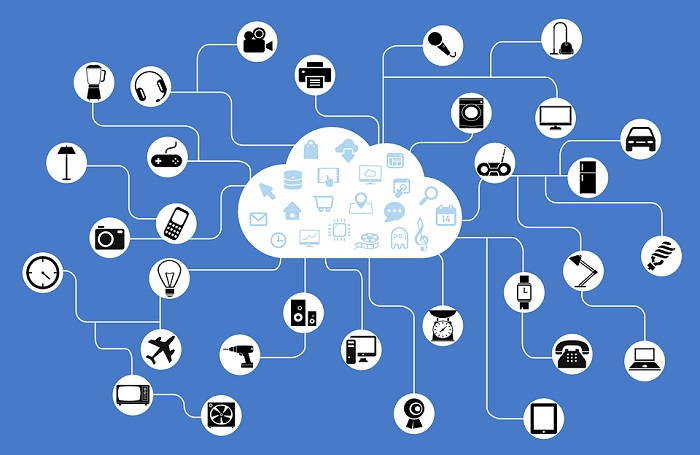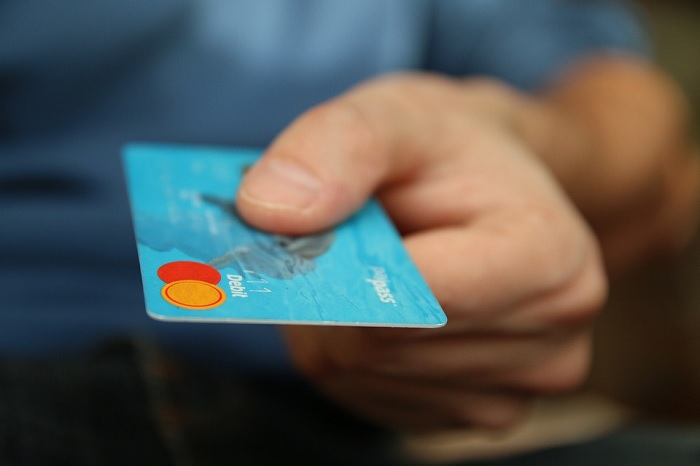
Was Net Neutrality Good? What Happens Now that Net Neutrality is Dead?
We've been covering net neutrality issues extensively here on TechNadu. Asking folks to oppose the killing of net neutrality in the run-up to the vote. We've also been discussing the aftermath now that it's all but dead.
The final nail in net neutrality's coffin hasn't been hammered all the way yet. The FCC has voted in favor of scrapping net neutrality, it's true. However, there are still some long-shot legal tricks opponents of the repeal could pull from their hats. Legal loopholes to preserve the Obama-era legislation.
That being said, let's suppose for a moment that the fight really is over. That net neutrality in the USA is truly dead. Is there any actual good that can come from it? That's what I'll be looking at in this article.
The Net Neutrality Debate Recap
In case you haven't been following the net neutrality issue closely, let's cover the most important points so that everyone's onboard.
The repeal of net neutrality has wide-ranging implications. It's going to affect small businesses, Bitcoin, online streaming and even the gaming industry.
A "neutral" net is one that treats all data packets in exactly the same way. It moves them all at best-effort speeds, for example. A neutral net also doesn't play favorites when it comes to the type of data traveling on the network. It doesn't care if you're sending an email or making a Skype call.
In 2015, during the Obama-era, laws were passed making net neutrality a legal requirement. So internet service providers were not allowed to charge companies like Netflix or Skype extra to carry their data. An additional cost that would be passed on to consumers. It also meant that access to sites or calamitous throttling of access speeds were illegal.
Now that the FCC has repealed those rules ISPs can conduct their business as they see fit when it comes to their profit margins. We've spoken before how this affects average users, but if the death of net neutrality is inevitable, what's the flip side?
Net Neutrality is a Double-edged Sword
Any regulatory decision is going to be good for some people and bad for others. There's no way to get around this. Which means that any regulations aren't aiming to provide a perfect solution, but one that does the most good on balance. At least, that's how it should be.
The repeal of net neutrality in the USA is, of course, a form of deregulation, but that doesn't change the mixed results of this decision. For you and me there are many privacy concerns and financial implications. For the service providers, this could be a period of rapid expansion and big, big profits. OTT (over the top) service providers like Skype and Netflix could use a lack of neutrality to crush startups who want to challenge them. After all, those with deep pockets can buy the best service levels.
Of course, one argument is that before 2015 there was now legal enforcement of net neutrality and everything was fine. Much of the rest of the world doesn't have this enforcement either. Although some are moving towards making internet access a utility like electricity or water. Which suggests it's not the total doomsday scenario we might think. But how far can that optimism stretch?
Net Neutrality in the US is Dead: Here’s the Good News
There's an old English saying "what cannot be cured must be endured." Americans like to say that if life gives you lemons make lemonade. Both are rather apt when it comes to the death of net neutrality.
If the fight really ends up in favor of the ISPs surely there must be some silver lining to this, especially dark cloud? It might feel like telling a person who lost a leg that they now only need to buy half as many socks, but let's look at the potential good news anyway.
Cheap Service-Specific Data
Video streaming services like Netflix, Hulu, Amazon Video, and Crunchyroll are pretty great. That is until you want to leave the safety of your home WiFi network. Suddenly the cost of streaming HD TV on the go jumps exponentially. So much so, that most people don't bother to stream off mobile data sources. Unless they've been grandfathered into an old unlimited data plan that is.
Netflix and Amazon do let you download some titles while on WiFi. So you can watch them away from home without a connection or big bandwidth bills. But what if you could have access to their full libraries without going bankrupt? Thanks to the repeal of net neutrality we might now see variable mobile packages. Each priced and packaged independently. Which means you could buy unlimited streaming bundles or ones with generous data caps for little money.
Faster Content Delivery from Big Players
While it's true that the destruction of net neutrality laws means that established companies such as Netflix could use their stockpiles of money to provide a level of service to consumers upstart companies simply can't match. This is generally considered a bad thing.
If you look at it from another angle it means that if you are a subscriber to one of the big content providers, you'll be getting significantly better service levels than before. Albeit at a potentially higher cost. It might seem like a slim solace, but the rise of an internet "fast lanes" might say goodbye to the days of buffering videos on otherwise fast connections.
Fast-tracking IoT
When there's a major disaster in a country, the telephone networks can fall into a "reserved" mode where priority is given to 911 calls and people who try to make calls anywhere else will get a busy tone.
In the same way, a non-neutral net might be what the rise of critical machine-to-machine communication needs to operate effectively. Think of autonomous cars, drone networks, and implanted medical sensors. These are all IoT (internet of things) applications that need instant communication over networks to be of most use. A non-neutral net could be configured to give priority to services and applications like these. Something that might make the world a better place in general. It's only a theoretical possibility, but it's one potentially good outcome for this sad business.
Getting What You Pay For
It's not just large companies with deep pockets that that could benefit from a non-neutral internet. Users who are willing to pay more for a premium internet experience could end up with a better service than before. Financially and socially disadvantaged communities might lose some of the access quality that they've been enjoying so far. If you have the cash, however, you could be flying high.
For some users, the cost of internet access might actually go down with the repeal of net neutrality. How is this possible? Well, there are plenty of people who don't use streaming services, but only care about social media or basic internet services such a browsing Wikipedia.
So if that's all you want from the internet an ISP could offer it to you at a big discount or even for free. We've seen such non-neutral offers in the developing world. In Africa, there have been some mobile ISPs who have "zero-rated" access to university sites or other educational sites.
In India, Facebook tried the same thing with a free "internet basics" package. Since Indian telecoms regulators are very much in favor of neural networks, the proposal was officially rejected early in 2016.
The Rise of Public Broadband
One interesting side-effect of a non-neutral private sector could be the rise of government ISPs. Some countries now think of broadband access as a fundamental right. So it may now fall to the government to ensure that citizens who can't afford broadband access on their own steam can get it through the state.
You might think of this as a sort of "welfare" internet. It's not really different from countries that have state-sponsored or subsidized internet access. In fact, during the Obama era, the ConnectHome project was launched in 2015. This project aimed at using a government subsidy to connect low-income households to the net.
An official end to legally-enforced net neutrality could spur the government, perhaps at the state level, to make internet access part of social welfare.
Making the Best of Net Neutrality’s Death
The fight to preserve net neutrality has been a bloody one. Taking more than a decade to reach this point, it's divided both internet users and pioneers. There have been strong arguments for and against government enforcement of neutrality. In the end, those with the power to make the decision have fallen in line with the anti-neutrality camp.
Free market, capitalist-types are of course happy when there's less regulation to get in the way. The mantra is that a free market is fundamentally better for consumers. That's true as long as there's actually competition in that market. In the USA it's debatable whether there's really fair competition between ISPs, but that's for anti-competition bodies to figure out.
For us, regular users on the ground the end of net neutrality can be a bitter pill to swallow. That doesn't mean we can't make the best of it. In any event, the internet has always shown that it can adapt to almost everything the government does. We use VPNs to bypass blocks. The deep web provides a strong balance against government propaganda. I have faith that if we lose the battle for net neutrality entirely there will always be ways to turn the status quo to our advantage.












